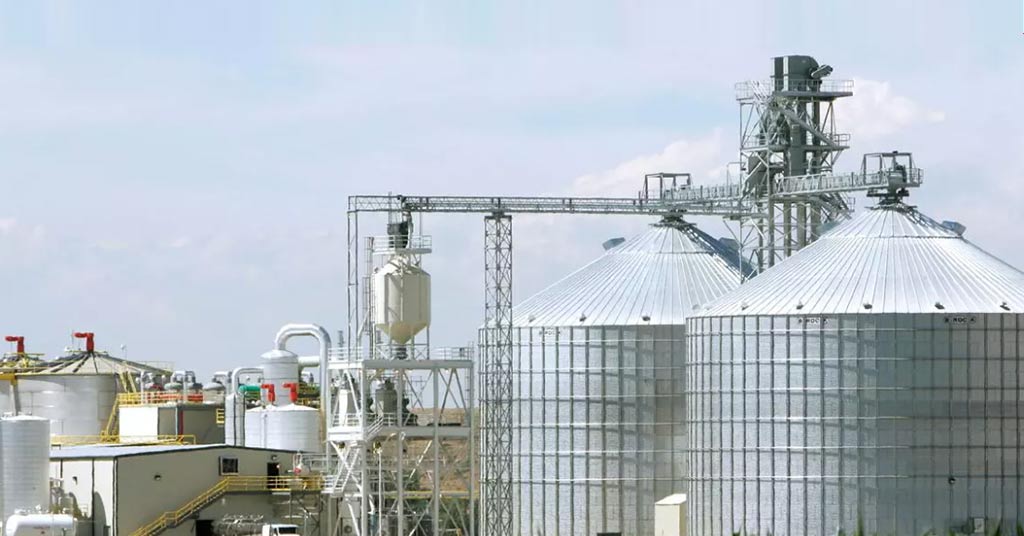Welcome To ChemAnalyst

US: For years, the American Ethanol industry has been a strong supporter of farmers, creating employment opportunities in rural areas and replacing harmful chemicals in light-duty fuel tanks nationwide. However, with the evolving landscape of transportation, the industry is now looking to expand its reach beyond the light-duty market to continue its legacy. The increasing efficiency of vehicles, rising demand for electric cars, and a cultural shift away from driving is leading to a gradual decrease in fuel consumption. It is crucial to develop these new markets if we want to boost demand for products and agriculture, beyond the light-duty transportation sector.
When executed correctly, the endeavour ahead presents a magnificent opportunity for farmers to see an increase in demand for their products. Sustainable aviation fuel (SAF) is crucial to reduce the Carbon footprint of the “hard-to-electrify space” of air travel. Ethanol is one of the renewable products vying for market share in the SAF industry, and it holds a significant advantage as the least expensive feedstock to manufacture SAF. Despite this, typical Ethanol production plants cannot achieve a low enough Carbon intensity reduction. The energy of production contributes majorly to Ethanol's Carbon footprint, making infrastructure a critical aspect of this undertaking. This is what makes the task challenging, but it is vital to find a way forward.
To use Ethanol as a feedstock, several prerequisites must be met. The production plant must collect and store Carbon, and the plant must be powered by renewable energy sources. This will significantly lower the Carbon intensity score of the Ethanol used to manufacture sustainable aviation fuel (SAF) that fulfils the specifications for the tax credit in the Inflation Reduction Act. Additionally, farmers must receive credit for their soil health practices ensuring this transition is fair and equitable. Presently, the U.S. Department of Treasury is drafting regulations regarding the SAF tax credit, including the models that may be employed. The industry is collaborating with the department to ensure that Ethanol is not excluded as a feedstock.
Although there are current obstacles to overcome, Ethanol is poised to become a significant player in creating sustainable aviation fuel (SAF) and revolutionize the Ethanol industry. The entire U.S. Ethanol production capacity of nearly 17 billion gallons could fill the entire 10 billion-gallon SAF market if it were entirely diverted to SAF production. While Ethanol has been conventionally used in gasoline engines, new technology has allowed Ethanol to be compatible with Diesel engines. Switching to Ethanol can help Diesel fleets maintain the performance of their engines while saving money. This creates a substantial market opportunity for Ethanol, not just in the short term, but also in the long run, given that liquid fuels are still necessary in hard-to-electrify sectors.
Electrification of heavy-duty vehicles is a challenging task, and other fuel alternatives such as Biodiesel and renewable Diesel are being explored to reduce their Carbon footprint. The U.S. Diesel market, which stands at roughly 60 billion gallons, requires all possible solutions. The demand for Bio-based fuels is continually increasing, generating significant value for the industry. In its first sales this year, ClearFlame is collaborating with fleets to retrofit engines, and it aims to partner with engine manufacturers in the future to integrate its technology. In addition, the Ethanol industry is now eyeing its latest market opportunity- Proteum Energy. Proteum plans to leverage Ethanol to produce "clean Hydrogen" with low Carbon intensity, providing a new avenue for the industry to explore.
Proteum Energy is leveraging its steam non-Methane reforming process to crack low-Carbon Ethanol and produce Hydrogen with a negative Carbon intensity. Initially, the focus of this technology will be on Hydrogen fuel cells for heavy-duty vehicles. Producing clean Hydrogen from Ethanol has several benefits over other processes- it is cost-effective and requires less water. Ethanol won't have to compete with oil companies for market share in heavy-duty vehicles, as it has done in the light-duty market. This presents an opportunity for Proteum to enter the market early and create a more significant market share based on the advantages that Ethanol provides.
While considering the prospects of this market opportunity, Carbon capture and sequestration (CCS) has emerged as a vital aspect. With CCS, it is estimated that the Carbon intensity of an Ethanol plant can be reduced by almost 30 points. The significance of proposed CCS pipelines across the Midwest to capture Carbon from Ethanol plants and sequester it underground. Proteum is constructing its first plant in central California, close to an existing Ethanol plant. The company expects the plant to run on Ethanol from its neighbor by 2025. Rosenfeld emphasizes that there is no need for Hydrogen to compete with Ethanol.
We use cookies to deliver the best possible experience on our website. To learn more, visit our Privacy Policy. By continuing to use this site or by closing this box, you consent to our use of cookies. More info.
